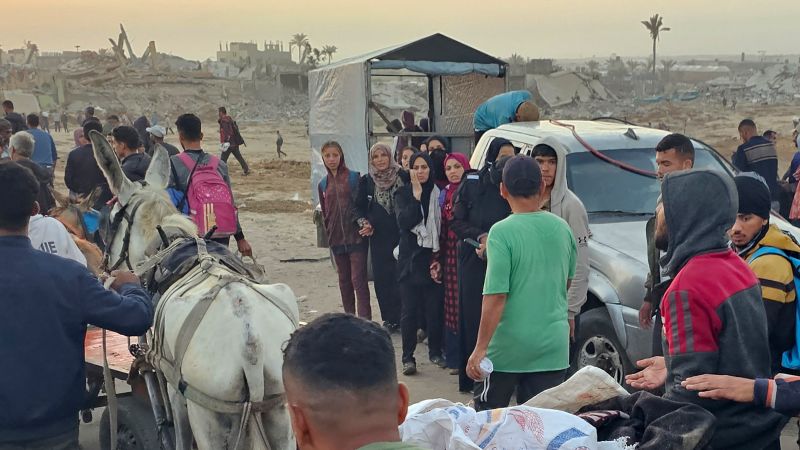Facing a Crisis: How Budget Cuts Threaten Public Health and Mental Wellbeing

The U.S. public health system is facing unprecedented challenges. Years of underfunding, exacerbated by recent budget cuts, are straining resources and hindering the ability of health officials to effectively serve their communities. This article explores the impact of these cuts, particularly concerning mental health services, through the insights of Lori Freeman, a seasoned public health professional.
The Shrinking Safety Net: A Look at the Cuts
For decades, public health funding has struggled to keep pace with growing needs. The COVID-19 pandemic starkly revealed the fragility of this system, highlighting the critical role of local health departments in disease prevention, response, and health promotion. Yet, instead of bolstering these crucial services, recent policies have led to significant budget reductions at both the federal and state levels. These cuts impact everything from disease surveillance and data collection to community outreach programs and preventative care initiatives.
Lori Freeman, a prominent voice in public health, has consistently warned about the long-term consequences of these actions. She emphasizes that short-term savings often translate into higher costs down the line, as untreated health issues escalate and require more expensive interventions. The cuts disproportionately affect vulnerable populations, widening health disparities and creating further inequities.
Mental Health in Crisis: An Overlooked Priority
The mental health crisis in the U.S. is already severe, and budget cuts are only making it worse. Reduced funding for mental health services means fewer therapists, longer wait times for appointments, and limited access to crucial support programs. This is particularly concerning for young people, who are facing rising rates of anxiety, depression, and suicidal ideation.
Public health departments play a vital role in addressing mental health needs within their communities, offering a range of services including crisis intervention, early identification programs, and community-based mental health education. However, with fewer resources, these departments are forced to prioritize, often leaving those with less acute needs without the support they require.
The Ground Truth: Health Officials on the Front Lines
Beyond the statistics and policy debates, the impact of these cuts is felt acutely by health officials working on the ground. They are forced to make difficult choices, rationing resources and stretching their teams thin. They witness firsthand the consequences of inadequate funding – delayed diagnoses, preventable illnesses, and increased suffering within their communities.
Many health officials express a sense of frustration and demoralization, feeling that their efforts to protect public health are being undermined by political decisions. They are dedicated professionals who are committed to serving their communities, but they need the resources to do so effectively.
Looking Ahead: Rebuilding Public Health
Addressing the public health crisis requires a fundamental shift in priorities. Investing in public health is not just a matter of social responsibility; it's an economic imperative. A healthy population is a productive population, and a strong public health system is essential for a thriving economy.
Key steps towards rebuilding public health include:
- Increased and sustained funding: Prioritizing public health funding at both the federal and state levels.
- Strengthening local health departments: Providing local departments with the resources they need to address community-specific health needs.
- Expanding access to mental health services: Investing in mental health prevention, early intervention, and treatment programs.
- Addressing health inequities: Targeting resources to vulnerable populations and addressing the social determinants of health.
The challenges facing public health are significant, but they are not insurmountable. By prioritizing public health and investing in the well-being of our communities, we can build a healthier, more resilient nation.





